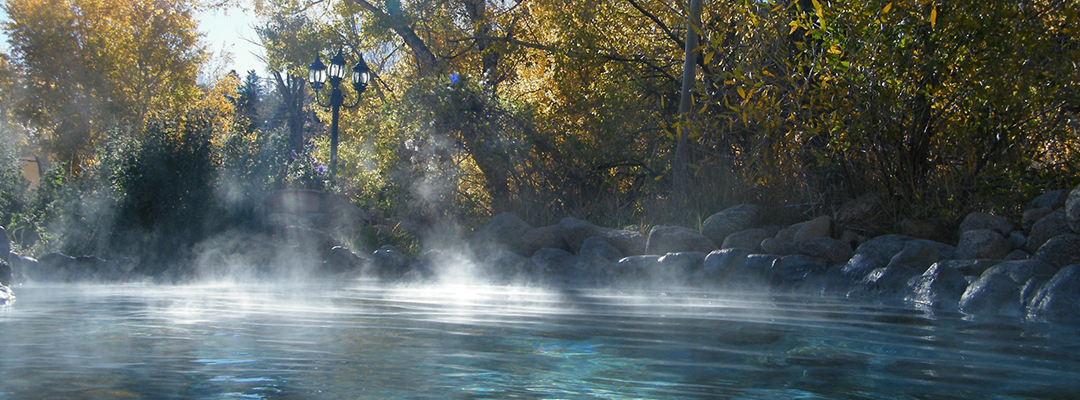DRAGGED UNDER by Ian Humphreys
So many wet shaves in a lifetime. How many thousands and thousands? So many
………….rituals at dawn’s bleached-bone altar, a falter of sharpened steel on skin.
So much water feel it slide
………….through your fingers. So many minutes turned to steam,
…………………….clouding vision, sucked away into the city’s mechanical lung.
……………………………….The roar and the rush
and, once in a while from nowhere, swirling in the vapours –
…………..the apparition of an old Cherokee myth.
………………………………….The Haunted Whirlpool
where warriors have been known to drown before breakfast.
………….Stare too long into its depths and you’ll see a great company of men.
……………………..Men who look a bit like you. Ordinary men
………….wearing their smartest suits, navy blue or funeral black.
……………………..Grey-faced, blank-eyed, grumbling men.
………………………………….They beckon at you through the mist
……………………and eddies of foam. ‘Come join us!’ they cry,
………………………their teeth porcelain-white.
………………………Watch how they slowly descend to hell
…………………………………………………………………..in a swell of red.
………………………………….How they frantically reach for you
……………………………………………………before vanishing through the vortex.
………………………………….Sluiced into the guts of the megalopolis.
………….Later, gluing a poultice of toilet paper to your chin,
…………………you tell yourself you’re not like those men,
…………………….those lost men, sunk and swallowed whole.
……………………………And the face in the mirror
…………………………………………………..smiles in agreement
……………………………………as he Double Windsors
…………………………………………Monday’s tie – jerks it
…………………………………………………..snug.
How the other half lives… What’s it like to confront yourself in the mirror each morning? Novels sometimes try to answer this question (from early teenage days I remember Hornblower meeting his own melancholy eyes while shaving on board ship).
Rishi Dastidar chose Ian Humphreys’ ‘Dragged Under’ for issue 87’s highlights from the ten poets on the Complete Works Programme. When I read it properly for the first time I found both whole and parts very satisfying – the zestful language and metaphor, the humour and terror, and the free form that seems to trace the form of the thought. I was interested straight away in the plainly worded proposition in line 1, and hooked in the second line by the surprise of ‘dawn’s bleached-bone altar’.
Dragged Under by the tow of life, by its repetitions; dragged down the vortex of the drain in this thoughtscape of water and steam. ‘So many minutes turned to steam, / clouding vision, sucked away into the city’s mechanical lung.’ That metaphor of the lung is both vivid – sound, breath and fumes, the living, consuming city – and unsettling – the iron lung of polio.
The Cherokee myth of the Haunted Whirlpool is introduced with a drily humorous explanation but turns into a swirling vision of hell. These besuited warriors could be everyman or the dead of Aids or suicide, or ancestors, the dead flowing over London Bridge in T S Eliot’s ‘The Waste Land’… or any host of males the reader recalls. The image of the men is both scary and funny – ‘“Come join us!” they cry, / their teeth porcelain-white’. The city’s still there in the background, the ‘megalopolis’ that consumes them.
Sounds bind the scattered lines together: lots of echoes, altar /falter /water / fingers; porcelain /frantically / vanishing; hell / swell, and so on. Sound works with the form – for example near the end there’s a rushed, insistent couplet with end-words chin / men and then a single, ominous line ending in the big o’s of ‘swallowed whole’.
The poem’s speaker, like everyman, rejects his own mortality… yet reminds himself of razor and noose as he patches up a shaving cut and pulls his tie into order, ‘jerks it / snug’ to end the poem.
I wonder: since writing this poem (and especially since having it published), does the author remember it, and/or the associated images and trains of thought, every early morning?
Fiona Moore






